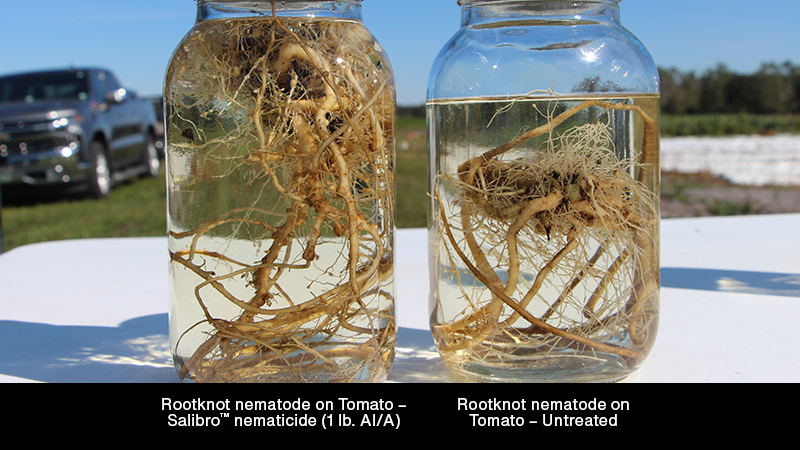U.S. Challenges Canadian Trade Measures Allege Discrimination against U.S. Wine
U.S. Trade Representative Michael Froman announced the Obama Administration has initiated a new trade enforcement action against Canada at the World Trade Organization (WTO). The action challenges British Columbia’s (BC) regulations that discriminate against the sale of U.S. wine in grocery stores. These regulations appear to breach Canada’s WTO commitments and have adversely impacted U.S. wine producers. Today’s action marks the 26th trade enforcement challenge the Obama Administration has launched at the WTO. The United States has won every one of those complaints that has been decided so far.
The BC regulations being challenged by the Office of the United States Trade Representative (USTR) discriminate against U.S. and other imported wine by allowing only BC wine to be sold on regular grocery store shelves. These regulations exclude all imported wine from this new and growing retail channel for wine sales in BC Such discriminatory measures limit sales opportunities for U.S. wine producers and provide a substantial competitive advantage for BC wine.
“American winemakers produce some of the highest-quality, most popular wines in the world. When U.S. wine producers have a fair shot at competing on a level playing field, they can compete and win in markets around the globe,” Froman said. “The discriminatory regulations implemented by British Columbia intentionally undermine free and fair competition, and appear to breach Canada’s commitments as a WTO member. Canada and all Canadian provinces, including BC, must play by the rules. This Administration is continuing to fight to level the playing field for American producers and workers, so that we can continue to grow our economy and support quality jobs across the United States.”
“American winemakers have found increasing success in export markets like Canada,” said Acting Agriculture Secretary Michael Scuse. “However, we could be doing even better. In British Columbia the local wines get an unfair advantage because they can be sold on grocery store shelves, while U.S. wines cannot. The United States simply seeks equal opportunities to market our wines, consistent with Canada’s international obligations.”
The discriminatory BC regulations negatively affect U.S. winemakers by effectively denying them access to BC grocery store shelves, a new and growing retail channel.
Additional Background Information about Today’s Challenge
The United States is challenging BC regulations that were amended in April 2015 to permit the sale of wine in grocery stores. The amended regulations provide two options for grocery stores to sell wine. Under the “wine on shelf” option, a grocery store may sell wine anywhere within the grocery store, but only BC wine may be sold on grocery store shelves.
Imported wine may only be sold in grocery stores under a “store within a store” option. Under the “store within a store” option, wine sales must be conducted in a “wine store” that is physically separated from the grocery store, has controlled access, and separate cash registers from the grocery store’s cash registers. As a “store within a store,” a grocery store may sell both BC wine and imported wine.
Public reports indicate that a number of grocery stores are already selling BC wine on their shelves under the “wine on shelf” option. However, we are not aware of any grocery stores selling wine pursuant to the more costly “store within a store” option. BC’s regulations limit choices and raise costs for Canadian fine wine lovers.
Consultations are the first step in the WTO dispute settlement process. If the United States and Canada are not able to reach a mutually agreed solution through consultations, the United States may request that the WTO establish a dispute settlement panel to examine the matter.










